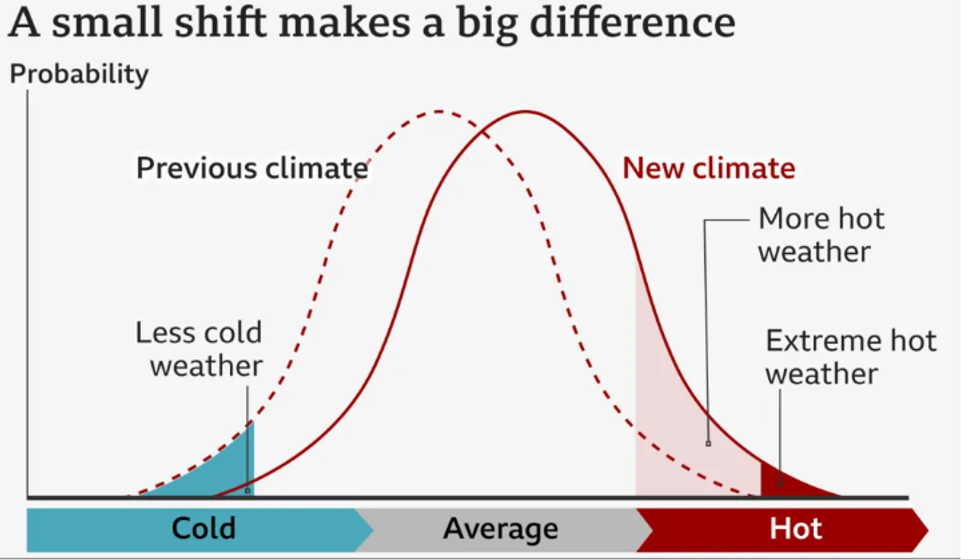Highlights:
- Met Office says UK climate has become 'notably different' due to global warming
- 2024 saw record-breaking heat, rainfall and early spring indicators
- UK warming at rate of 0.25°C per decade; sea levels rising faster than global average
- Wildlife, trees and seasonal patterns under pressure from climate shifts
Met Office confirms UK's climate is changing rapidly
The UK’s national weather service, the Met Office, has said extreme weather events are becoming the norm as the country’s climate continues to warm. Its annual State of the UK Climate report highlights a clear and accelerating trend, showing that the nation is experiencing hotter days, milder winters, and more intense rainfall than in previous decades.
Heat and rainfall records tumbling
The year 2024 brought some of the warmest conditions on record in the UK, including the warmest May and spring ever documented. February 2024 was the second warmest on record, and both December and the winter season ranked among the top five warmest since records began in 1884.
These trends are already being surpassed in 2025, with much of the country enduring a third heatwave, prompting a hosepipe ban in Yorkshire following the warmest June on record. The region, along with north-west England, was declared in drought by the Environment Agency in June.
According to the Met Office, the UK is now warming at a rate of approximately 0.25°C per decade. Between 2015 and 2024, the average temperature was 1.24°C higher than the 1961–1990 baseline.
Wetter winters, rising seas
In addition to higher temperatures, the UK is also experiencing more rainfall, particularly during the winter months. From October to March, rainfall between 2015 and 2024 increased by 16% compared to 1961–1990.

The period from October 2023 to March 2024 marked the wettest winter half-year in over 250 years. Flooding and storms during this period caused widespread damage, with regions such as eastern Scotland, Derbyshire, and the West Midlands receiving several times their usual monthly rainfall.
Sea levels around the UK are now rising faster than the global average, further heightening the risk of coastal flooding.
Natural world under strain
The impact of climate change on UK wildlife is increasingly visible. Spring 2024 began earlier than average, affecting 12 out of 13 seasonal events recorded by Nature’s Calendar. Frogspawn and blackbird nesting were both recorded at their earliest points since 1999.
These seasonal shifts pose serious challenges for native species such as dormice and hedgehogs. Warmer weather causes fruits and nuts to ripen earlier, leaving fewer food resources available in autumn when animals prepare for hibernation.
Adapting to future extremes
Professor Stephen Belcher, Met Office Chief Scientist, said: “The climate is likely to continue to change, and we need to prepare for the impacts this will have on the weather we experience.”
At Alice Holt forest research centre, scientists are examining which tree species may thrive in the future. Some, including California’s coastal redwoods, show promise in adapting to the UK’s evolving climate. However, many native trees are already showing signs of stress, such as reduced growth and leaf damage following droughts.
Dr Gail Atkinson, head of Climate Change Science at the centre, warned that many trees currently common in the UK may not survive the changing conditions.





